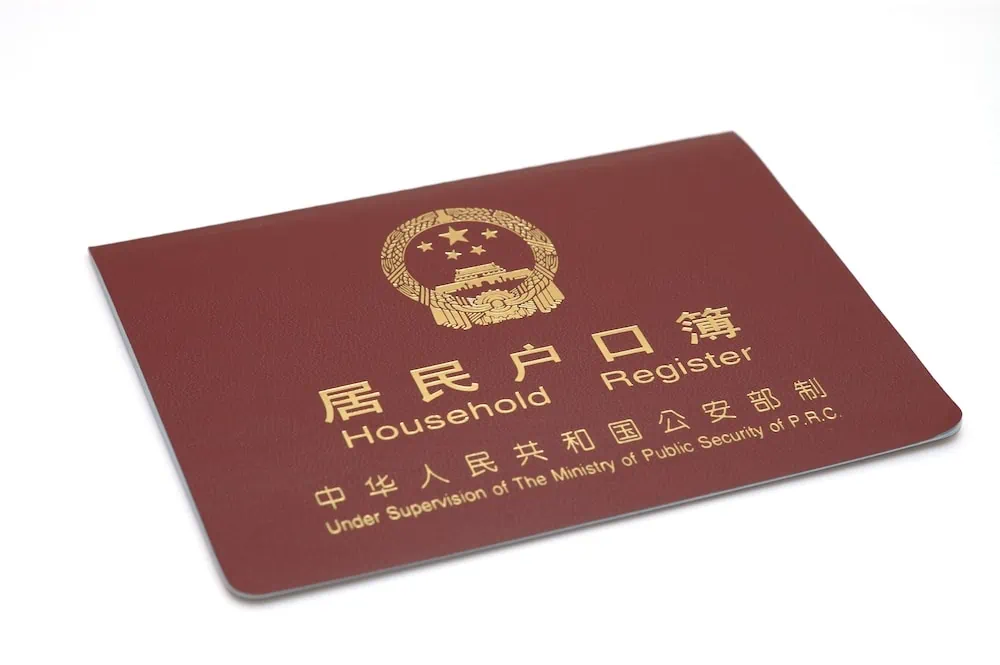The Chinese government has released new guidelines for the free movement of people, vehicles and data in China designed to speed up the country’s economic recovery
Although China’s post-Covid economic recovery has been remarkable, recent figures have fallen short of expectations.
The country’s economy is experiencing deflation for the first time since early 2021. The consumer price index fell 0.3% year-on-year in July, while the producer price index dropped 4.4%.
Imports and exports also fell faster than expected in July. Imports dropped 12.4% year-on-year, considerably worse than analyst predictions of a 5% fall, while exports fell 14.5%, also steeper than the expected 12.5% decline.
These figures have prompted various government departments to take measures to combat the slowdown. On Thursday, 3 August, the Ministry of Public Security (MPS) issued 26 guidelines to promote “high quality development” and the “free movement” of people, vehicles and data in China. As yet, the guidelines are just that, but the MPS’s deputy head of research has said that they are making all efforts to put them into action by the end of the month.
The guidelines include a milestone relaxation of hukou, or household registration, restrictions. This will allow millions of urban residents that still have a rural hukou to switch to an urban hukou, granting them improved access to housing, education and healthcare – and likely unlocking more of their spending power. Restrictions will vary based on city size:
- Cities with a population of under 3 million (hundreds of cities) will completely cancel all hukou restrictions
- Cities with a population of 3-5 million (20 cities) will relax hukou restrictions
- Cities with a population of over 5 million (19 cities) will relax their quotas and ease the points-based system for permit applications
The MPS has also emphasised the need to streamline the provision of government services by cutting red tape, moving more services online, and making services accessible across regional jurisdictions, particularly in the Guangdong-Hong Kong-Macau Greater Bay Area.
Perhaps most notably for FOCUS readers, the guidelines prominently feature measures to allow foreign businesspeople travelling to China for business activities on short notice to apply for a business visa on arrival, rather than having to obtain one before travelling. In addition, people who need to travel to and from China multiple times for commercial business reasons will be permitted to apply for a valid three-year multiple-entry business visa after entering the country. Foreigners will also be allowed to keep their passports when applying for residence permits.
The guidelines also include recommendations for traffic management, vehicles and logistics, including measures to boost spending on consumer goods such as electric and second-hand cars, relax rules on driving licence exams, and enable pilot programmes to set up security service companies.
Many regions of China will also be implementing concrete local policies in line with the MPS’s guidelines. One province even did so before the announcement came out.
In July, the eastern province of Zhejiang announced that it would eliminate hukou limits in urban areas and allow residence permits to be recognised between cities. This policy came into effect on Tuesday, 1 August, two days before the government announcement.




